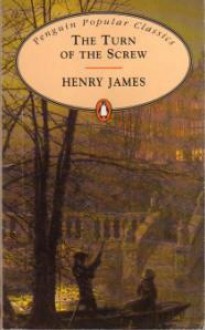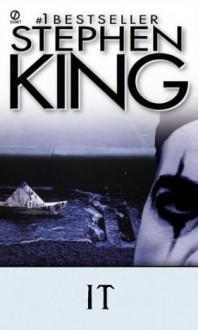
This is the first novel James was willing, in later life, to acknowledge, though not the first he wrote. That in itself tells you that he thought it had some merit, even if we didn't have the long afterword explaining in those interminable late-James sentences all the various emotions and thoughts that occur upon re-reading this early work.
After a bit of not very serious self-criticism about his handling of Roderick's decline of character (James could have afforded to be more severe, in my opinion), he comes eventually to the point that is necessary to understand and enjoy the novel:
The centre of interest throughout "Roderick" is in Rowland Mallet's consciousness, and the drama is the very drama of that consciousness - which I had of course to make sufficiently acute, in order to enable it, like a set and lighted scene, to hold the play.
In other words (at least in my estimation) Rowland Mallet is a far more interesting character than Roderick Hudson. In may in fact be true, as others have posited, that the Ro-Ro pair are, unconsciously or by design, representing two facets of James' self-understanding, but if that is the case, he clearly understands the urbane, rational Rowland part far better, and was unable to make this reader, at least, as fond of selfish, lazy, self-destructive Roderick as either Mallett or James is.
I did like the foreshadowing of Roderick's fate: the two rockclimbing incidents worked very well as metaphor.
I am in two minds about the young female character, Christina Light, who appears to have rather taken over the narrative just as she took over Hudson's imagination. She is most emphatically annoying and no great advertisement for womanhood - or indeed New Womanhood, if that was part of James' intention. (I suppose the comparatively bland and underdeveloped Mary Garland was intended as her foil in that respect). But I was occasionally struck by insights into the nature and causes of her annoying and irrational behaviour; insights that resonated with my own memories of late adolescence as being surprisingly apt, especially from a male author:
She had a fictitious history in which she believed much more fondly than in her real one, and an infinite capacity for extemporized reminiscence adapted to the mood of the hour. She liked to idealize herself, to take interesting and picturesque attitudes to her own imagination; and the vivacity and spontaneity of her character gave her, really, a starting-point in experience; so that the many-colored flowers of fiction which blossomed in her talk were not so much perversions, as sympathetic exaggerations of fact.
"The many-colored flowers of fiction which blossomed in her talk" is really very good - it captures the natural spontaneity of that kind of experimental role-playing, while harmlessly chattering, in a young person. Elsewhere I'm not inclined to be quite so kind to the drunken wordiness of even this early Henry James. I laughed and highlighted this little monstrosity, for instance: "There are chance anfractuosities of ruin in the upper portions of the Coliseum..." (I do realize I'm a bit inconsistent, since I've said I enjoy unnecessary Latinate coinages when Bulwer-Lytton makes them. I think it may be a question of whether the author is being obviously playful!)
James leaves us only shortly after Roderick Hudson does, in the novel, and does not trouble to try to work out to its logical conclusion the "preferred" pairing of Mallett and Mary Garland. At the end, we are merely told that he visits her often at his cousin's house, and we are left to finish that story for ourselves how we like. I am OK with this conclusion; I'd be curious how it struck novel-readers in the 1870s.
I found this accessible, with occasional moments of real emotional interest.


 Log in with Facebook
Log in with Facebook 


















